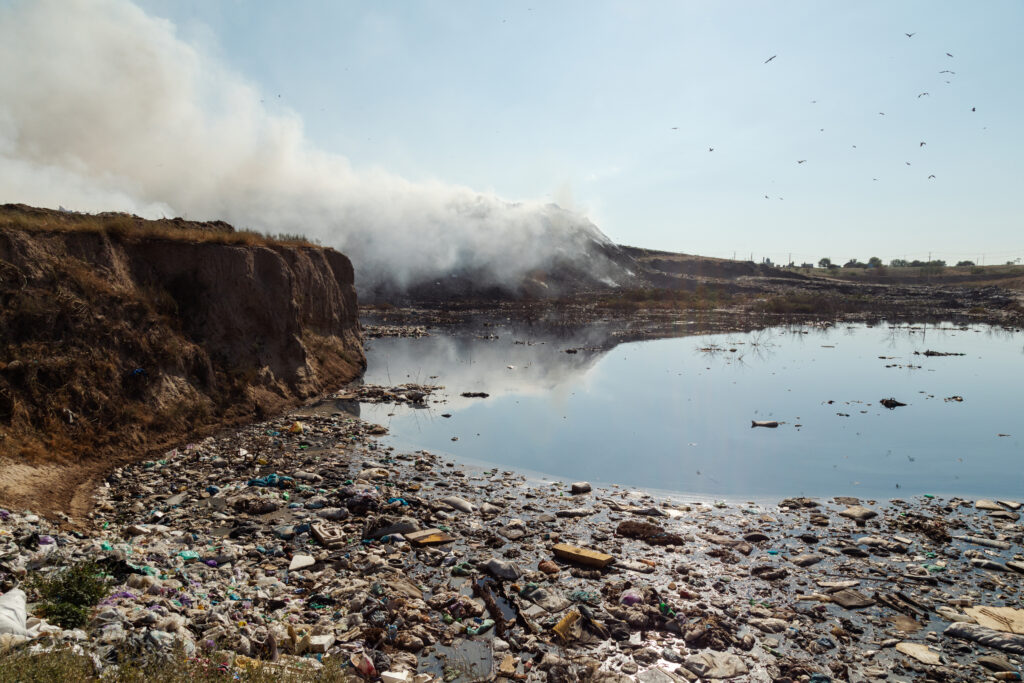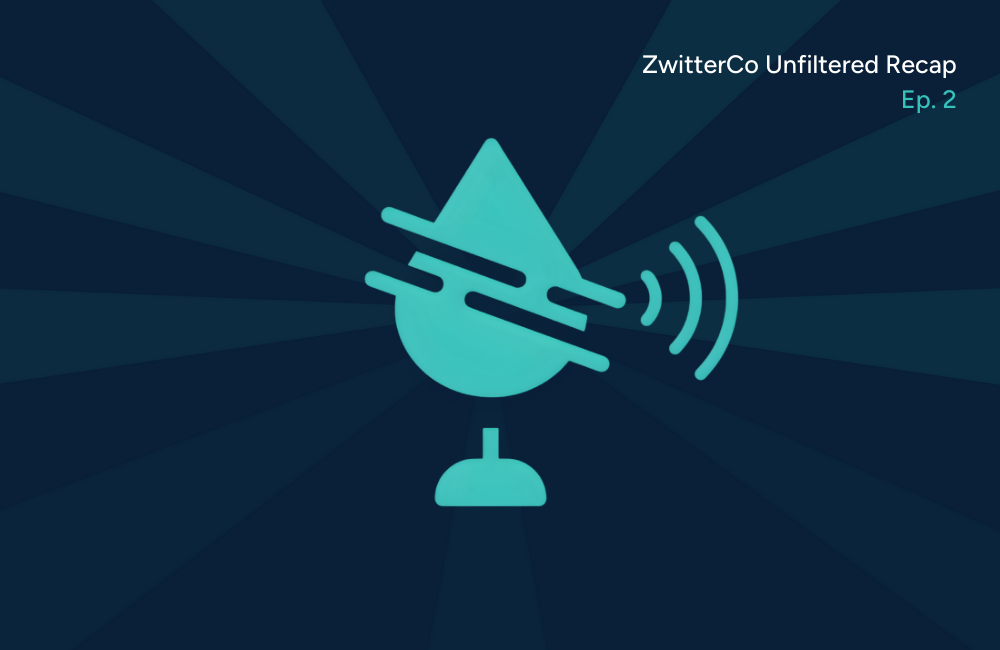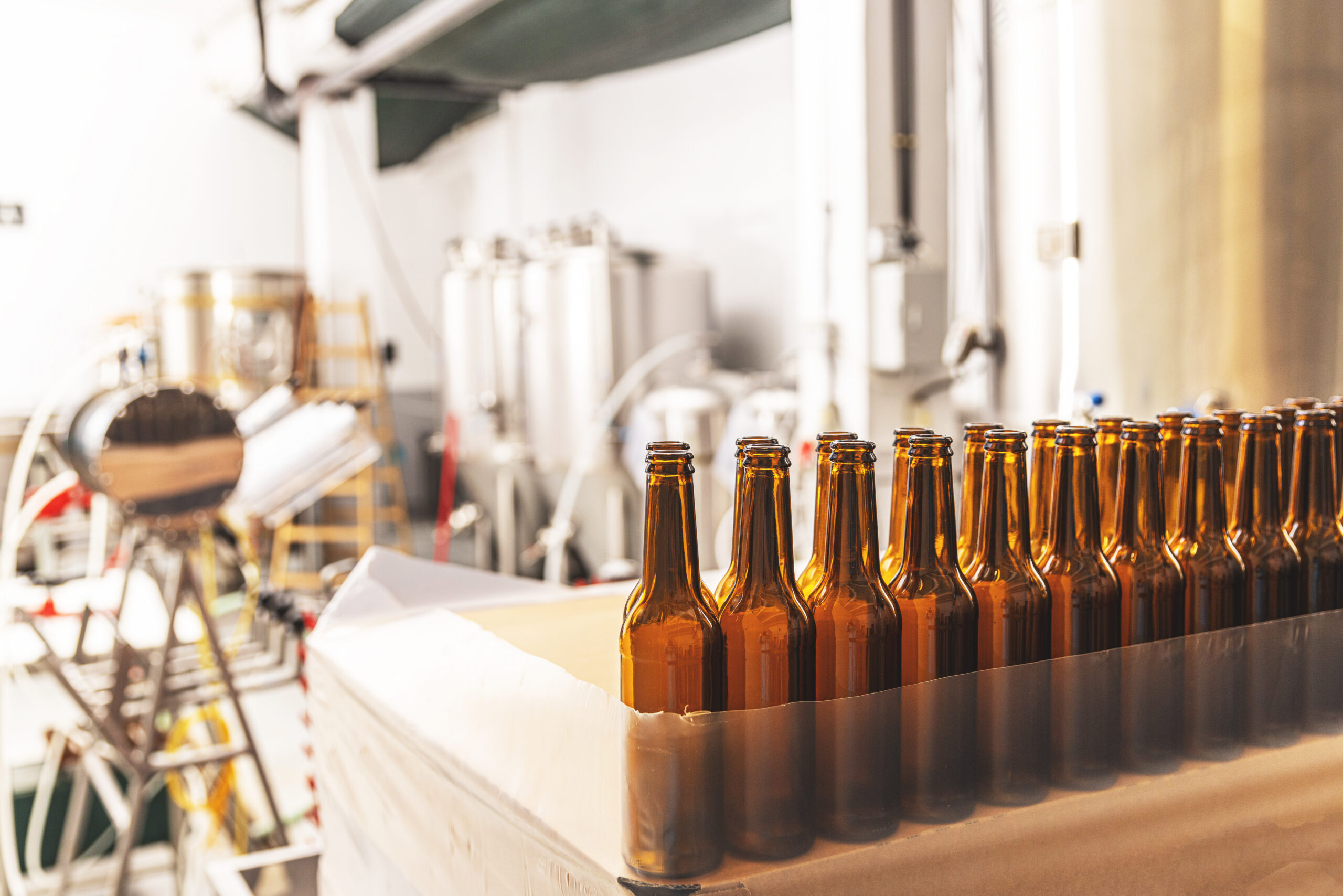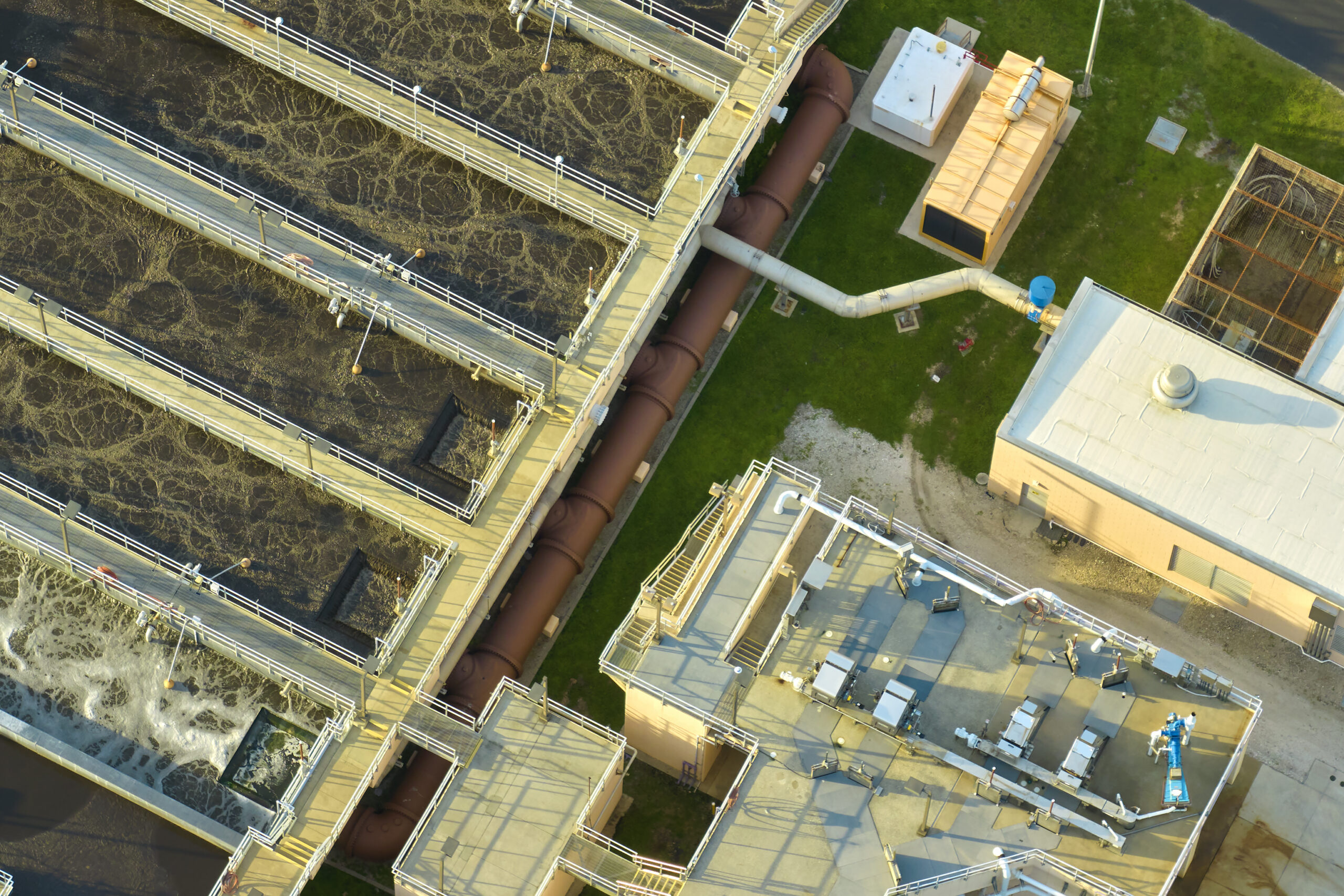The European Union Landfill Directive, implemented to minimize environmental impacts and promote sustainable waste management, has undoubtedly succeeded in reducing the volume of waste sent to landfills. Waste landfilling in the EU has dropped from 23% to 16%, largely due to increased recycling, reuse, and waste-to-energy initiatives. While this is a significant achievement for sustainability, it has unintentionally introduced a challenge for landfill operators: higher-strength leachate.
 Leachate, the liquid that drains or “leaches” from a landfill, now often shows increased levels of Biological Oxygen Demand (BOD), Chemical Oxygen Demand (COD), and ammonia. This change has made conventional treatment methods less effective and far more maintenance intensive. Fortunately, advanced reverse osmosis (RO) membranes, like ZwitterCo RO, are emerging as a solution to these challenges.
Leachate, the liquid that drains or “leaches” from a landfill, now often shows increased levels of Biological Oxygen Demand (BOD), Chemical Oxygen Demand (COD), and ammonia. This change has made conventional treatment methods less effective and far more maintenance intensive. Fortunately, advanced reverse osmosis (RO) membranes, like ZwitterCo RO, are emerging as a solution to these challenges.
The EU Landfill Directive
The EU Landfill Directive was created to protect human health and the environment by reducing the negative impacts of landfill operations. Its core goals include:
- Diverting recyclable and biodegradable waste from landfills.
- Encouraging resource efficiency through waste prevention, reuse, recycling, and recovery.
- Implementing strict operational and technical regulations to minimize landfill emissions.
While these measures have been successful in reducing landfill waste, they have also reshaped the nature of landfill leachate. A study cited by the European Environment Agency on the Directive’s impact on landfills, for example, indicates that the leachate produced is now more concentrated due to lower waste volumes and changes in landfill management practices. This “higher-strength” leachate presents unique challenges, including increased organic loads (higher COD/BOD), biofouling, and ammonia content—all of which strain traditional treatment systems.
Challenges of Treating High-Strength Leachate
Conventional treatment systems, like biological treatment, struggle to adapt to the challenges posed by high-strength leachate:
- Frequent Maintenance and Cleaning: Higher COD and BOD levels lead to significant organic fouling and biofouling, which require frequent cleaning and membrane replacement.
- Increased Costs and Downtime: Operational costs rise due to chemical usage, higher energy demands, and the need for more frequent equipment maintenance.
- Inefficiency in Handling Complex Waste Streams: Conventional systems often fall short in achieving the required reductions in COD and ammonia to meet discharge limits.
 As landfill operators face these growing challenges, advanced RO membrane technologies are stepping in to fill the gap.
As landfill operators face these growing challenges, advanced RO membrane technologies are stepping in to fill the gap.
Advanced RO Membranes: An Innovative Solution
ZwitterCo’s advanced RO membranes are specifically engineered to address the unique challenges of high-strength leachate. Unlike traditional RO membranes, which often experience irreversible organic fouling and require frequent cleaning, ZwitterCo membranes offer several advantages:
- Unmatched Organic Fouling Resistance: ZwitterCo RO membranes are highly resistant to organic fouling, reducing cleaning frequency by up to 90%.
- Extended Lifespan: These membranes can last twice as long or more compared to conventional membranes, lowering replacement costs and minimizing downtime.
- Increased Efficiency: Operators can expect to experience more uptime, reduced energy consumption, and fewer operational disruptions with ZwitterCo RO.
For example, ZwitterCo membranes were installed at European landfill where conventional RO systems struggled with severe organic fouling. By switching to ZwitterCo membranes, the landfill operator reduced cleaning frequency by 80% and achieved consistent treatment performance, despite the high-strength nature of the leachate.
Transforming Challenges into Opportunities
While the EU Landfill Directive has undeniably improved waste management across Europe, its impact on leachate treatment highlights the need for more advanced solutions. High-strength leachate demands technologies that can handle complex organic loads while maintaining efficiency.
ZwitterCo’s advanced RO membranes are paving the way for a new standard in leachate treatment, helping landfill operators overcome the unintended consequences of this directive. By reducing maintenance, extending membrane lifespan, and improving overall performance, ZwitterCo membranes offer a reliable and sustainable solution for managing challenging landfill leachate.
For landfill operators facing the challenges of high-strength leachate, ZwitterCo’s advanced membranes provide a transformative approach. Contact us to learn more about how our solutions can help your facility meet environmental standards while reducing operational costs.







